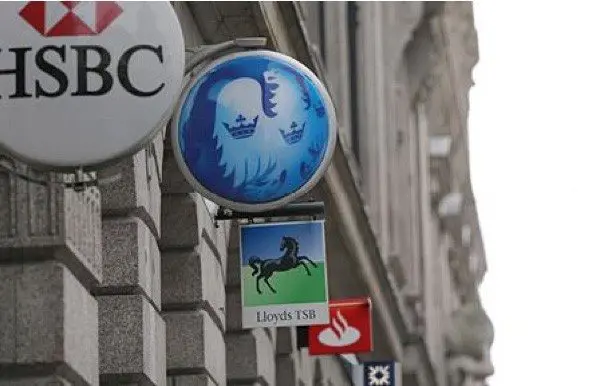Banks and building societies are being asked to provide evidence that they have not colluded to fix overdraft rates as an initiative to protect vulnerable borrowers shows signs of producing unintended consequences.
The Financial Conduct Authority said that it had written to bank chiefs to ask how they arrived at their overdraft pricing decisions after most lifted rates to “very similar” levels. The new rates typically have doubled, with most clustering around the 40 per cent mark.
Price-fixing is a criminal offence in Britain, punishable by up to five years in prision and unlimited fines.
Lenders are in the process of lifting overdraft interest rates because of a new regime coming into force from April 6. This will prevent them from charging unauthorised overdraft users any more than authorised overdraft users.
The reforms have led to “waterbedding”, analysts said, with lenders lifting overdraft rates across the board to compensate them for no longer being able to impose extra fees on account-holders who go into the red without permission.
The Financial Conduct Authority letter asks lenders to name the executives who attended meetings where rate-setting was discussed, to provide minutes and to set out timelines of when key decisions were made.
Chris Woolard, interim chief executive of the regulator, said: “We want to be clear how the banks have set their prices under the new rules. We’re not saying collusion has or has not occurred.”
HSBC, Nationwide and TSB have each announced a 39.9 per cent charge, Natwest has settled on 39.49 per cent and Barclays on 35 per cent. Lloyds has opted for “personalised” rates of up to 49.9 per cent.
Sarah Coles, personal finance analyst at Hargreaves Lansdown, said: “The banks may have shot themselves in the foot by announcing sky-high overdraft rates that bear a spooky similarity to one another.”
Mr Woolard denied suggestions that the reforms had backfired, arguing that seven in ten overdraft users would be better off or no worse off under the new rules. The FCA previously found that unarranged overdraft fees were often ten times as high as charges for payday loans. It anticipates that the cost of borrowing £100 through an unarranged overdraft will fall from a typical £5 per day to under 10p per day.
Peter Tutton, head of policy at Step Change, the debt charity, said: “The new rules are absolutely necessary to end a longstanding cause of harm to the most financially vulnerable customers. But the FCA needs to be watchful that banks do not perpetuate unfairness or financial harm in another form.”


